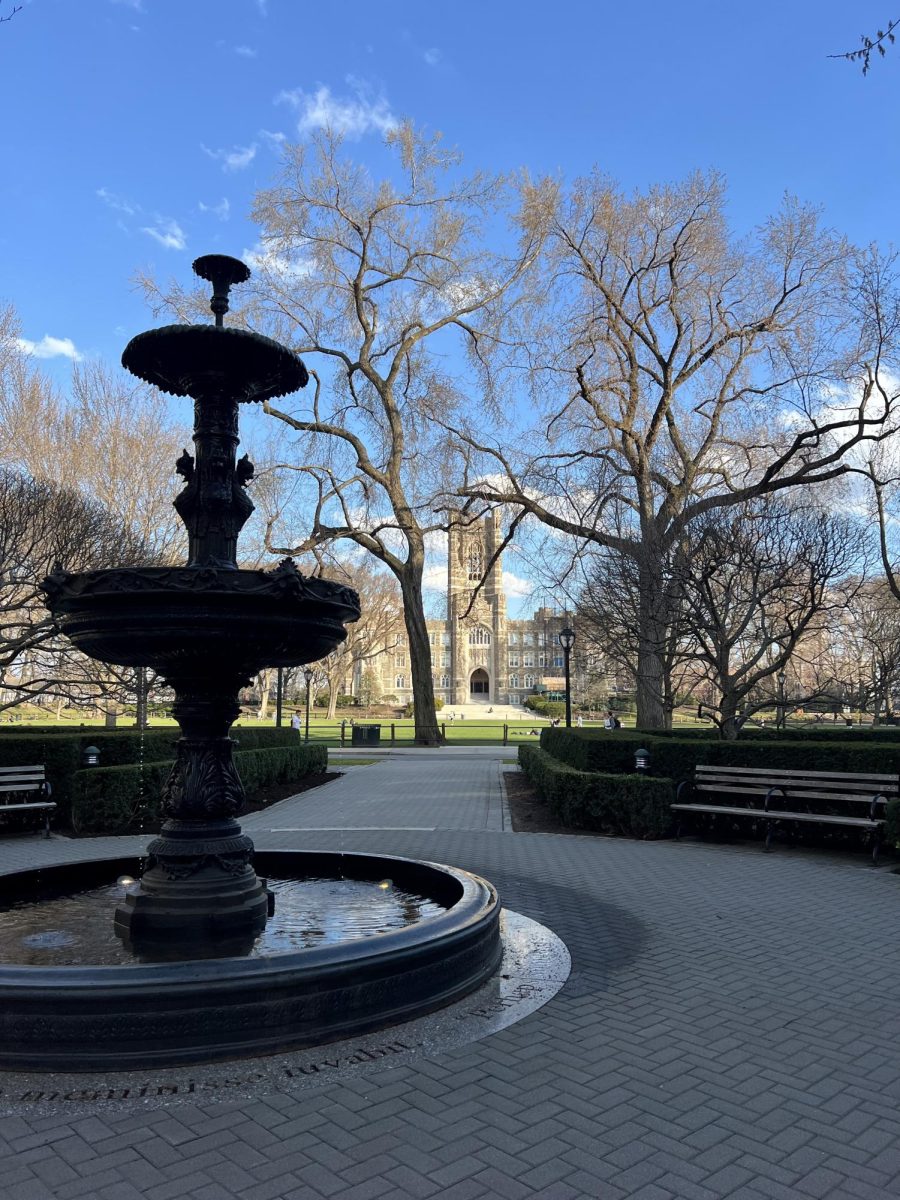In a country where affordability feels like a myth of the past and the education system is rapidly losing respect, the necessity of college degrees is highly questioned. While it is necessary to factor in finances given the price of everything in the world today, when considering the value of college degrees, we must also acknowledge the importance of personal and societal development through education.
We cannot only value the worth of education on how much money it will make us. Becoming a well-rounded person requires learning many different subjects and perspectives, and one way to achieve that is by going to college.
Social networking is also highly valuable in any field, and having a reputable college like Fordham University attached to your resume can be extremely beneficial in finding a job.
On top of this, college is an introduction to independence and learning how to make important life decisions as an adult with the help of resources that you won’t have out in the “real world.” However, this is becoming increasingly inaccessible given the extreme prices of attending a traditional four-year university.
The cost of college has increased by more than double in the last 40 years, and the balance of student loan debt in the United States has increased by 66% in the last 10 years. This increase is leading many people to give up on pursuing higher education as they feel it will do more damage than good.
Though I am very grateful to be a student at Fordham, I also acknowledge that my experience is one that not everyone can access, regardless of academic ability. Fordham is a fantastic school, but I have a hard time believing any justification for the price point that comes with it, especially given the three huge tuition increases in just the last three years: 6% in 2023, 4.4% in 2024, and now 4.65% in 2025.
While inflation, COVID-19 and other factors have certainly raised costs for universities, they have also raised costs for students. Having an annual sticker price of $90,000 seems unfair and too high for many students and families compared to how much college students can expect to earn after graduating. Students should be concerned about their studies and building a foundation for their future careers, not about how they will afford to live while paying off hundreds of thousands of dollars in student debt.
Scholarships and financial aid are helpful and certainly welcomed, but even with those resources, it can be extremely difficult for students and families to pay for their education here. Fordham boasts significant financial assistance for those unable to pay full price, with 96% of first-year students receiving aid, but with a starting price that high, more needs to be done to reduce costs for everyone.
Still, college graduates are 24% more likely to be employed than those with only a high school education. For many, their degrees will propel them to success in a field they are passionate about.
Additionally, on the level of societal improvement, college graduates are twice as likely as those with just a high school diploma to volunteer and contribute more than three and a half times as much money to charity. They are also more likely to vote, with 75% of college graduates voting in comparison to 52% of their high school-educated peers.
Having active members of society and politics is extremely important for a functioning country. While not every person needs or desires to have a degree in ethics or be an expert in political science, having those people in society helps keep everyone in the know and enriches us as a whole.
Without philosophers, we might not have the moral code we accept and follow today. Without humanities majors, we might not be able to see life through so many different lenses. Without STEM majors, we would be without so many amazing and important advancements that we often take for granted today.
The value of a college degree goes so much further than just leading people to money and careers. It can transform the heart of a person’s core values and beliefs, and those people can change the very fabric of our world. But to keep this experience accessible to anyone who might want to pursue it, we must make large efforts to reduce the cost. Higher education should not be restricted by the high cost of tuition, but instead exist an open opportunity for anyone to seek greater knowledge.
Molly O’Connor, FCRH ’28, is a journalism major from Weymouth, Mass.











































































































































































































